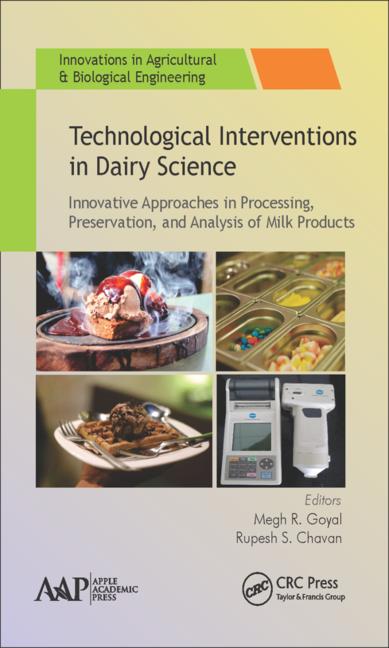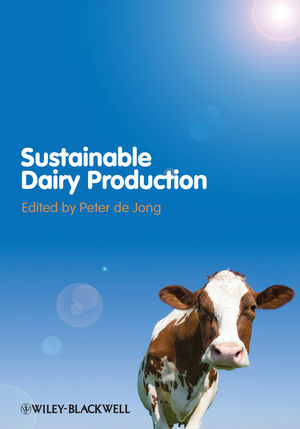How our team approaches sustainability
A cross-functional sustainability team asks “why not?” as it examines processes and procedures.




At Perry’s Ice Cream, our family continues the tradition of making the same high-quality ice cream that founder H. Morton Perry crafted nearly a century ago in 1918.
Each of the four generations of the Perry family began their careers by working from the bottom up to develop fundamental values and our signature recipe for success. My path began at age 16, washing the company’s delivery trucks, and continued through various manufacturing and management roles to my present position as president and CEO.
This path is similar for the other family members in our business today. Executive Vice President and Vice Chairman Brian Perry (my brother-in-law) started making bagged ice when he was 12, and Director of Sustainability Gayle Perry Denning (my wife) first packed novelties in the summertime during her high school years.
I believe that in addition to the knowledge gained during these work experiences, the values of hard work, honesty and doing the right thing have led to the fourth generation making significant, sustainable contributions in our family business.
Our latest sustainable endeavor is in response to consumer trends. The majority of our ice creams were always formulated with all-natural flavors. And now, we’re launching an all-natural line of four classic Perry’s flavors.
In addition to making the best-tasting ice cream through world-class quality craftsmanship, our history also reflects a long-standing belief in practicing the principles of sustainability. Sustainable processes minimize negative environmental impacts, conserve energy and natural resources, and are safe for employees, communities and consumers.
It’s only logical that in 2010, our values and beliefs led to a formalized company-wide sustainability initiative with the creation of a cross-functional Sustainability Team consisting of nine leaders from the organization.
Our long-term sustainability vision
As emerging entrepreneurs of sustainability, Perry’s Ice Cream envisions a day when:
-
A dynamic, innovative and “Why Not?” cultural approach is the norm.
-
Our financial position provides capital for today and also funds the growth opportunities for tomorrow.
-
We achieve zero net waste through the responsible management of our products’ life cycles.
-
We manage our environmental impact through responsible use of natural resources and our constant pursuit of renewable energy solutions.
-
Our suppliers share a common commitment to sustainability.
-
We give back to our communities in proportion to the size of our footprint.
We are implementing our sustainability vision for the future by challenging the way we think and encouraging team members to lead the charge as part of our “Why not?” culture. I believe we can apply these same principles as we approach sustainability challenges within our industry.
Today, the Northeast region is experiencing dairy industry growth to the point of being called one of the national hotbeds for dairy expansion. As a result, the New York state dairy industry is positioned to operate at near record-breaking levels, with hyper-growth predicted in the future. As growth brings many welcomed new opportunities for our region’s families and communities, proper impact planning and conservation of natural resources is urgently needed to preserve the environment for the next generation. Our region will be challenged on how to best handle this growth with the least amount of environmental impact.
I encourage everyone to look at the way they lead their organizations. In the spirit of asking “Why not?”, challenge your business practices through the lens of sustainability (people, planet and profit). Perry’s long-standing history of growth as a team-based, learning and sustainable enterprise has been accomplished in part through the cooperative efforts of our suppliers and customers. It is through these types of partnerships that we gain the knowledge of how to improve our processes and reduce our effects on the environment.
William McDonough, author of “Cradle to Cradle” writes, “One of the things you have to remember about sustainability is that it will take us all forever to accomplish.”
With this in mind, our organization welcomes the opportunity to learn even more from the next generation of responsible leaders within the dairy industry
Looking for a reprint of this article?
From high-res PDFs to custom plaques, order your copy today!








